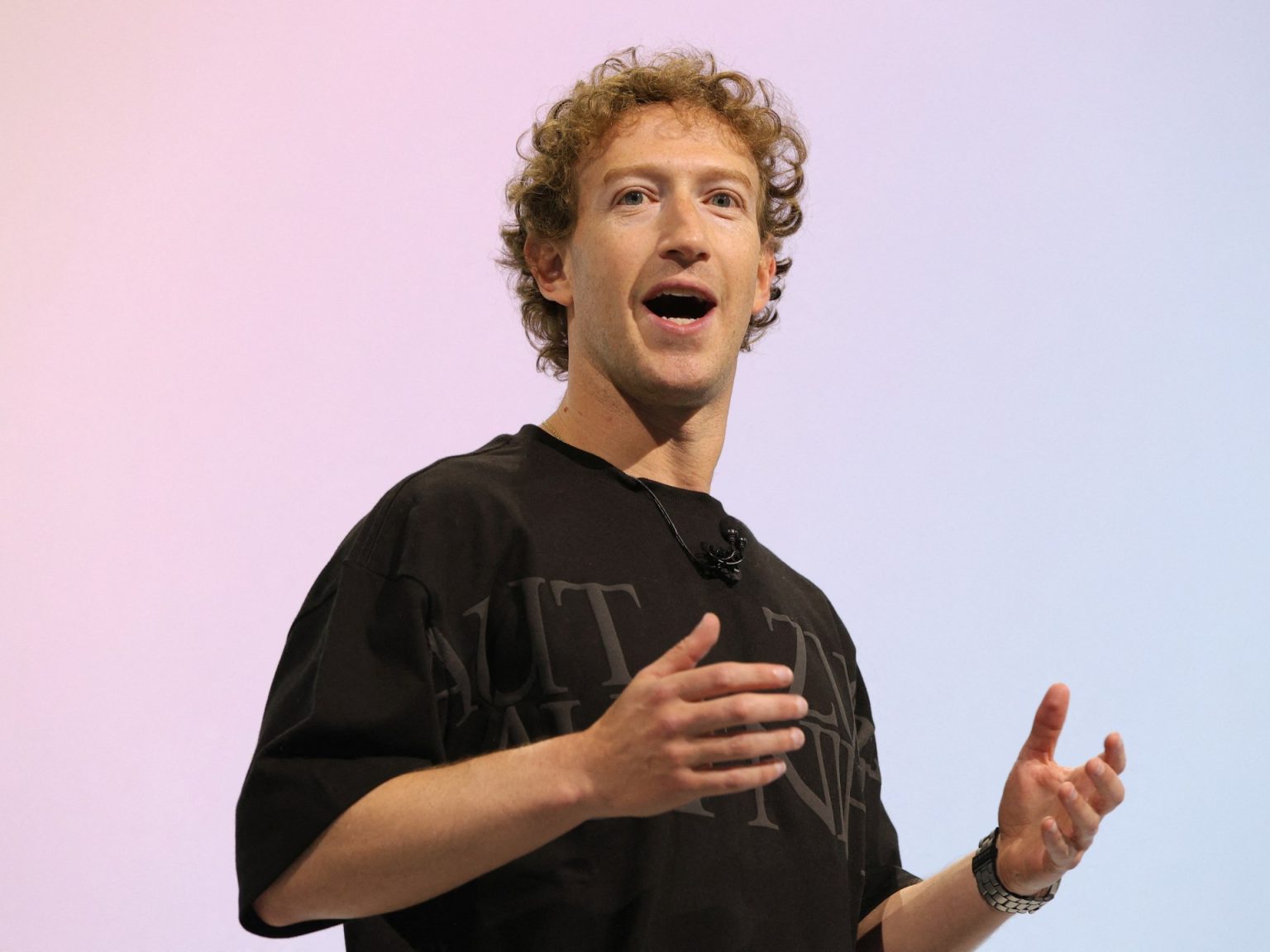The Brazilian government has expressed deep concerns regarding Meta’s recent announcement to relax its policies on hate speech and fact-checking, arguing that the changes may violate Brazilian law and inadequately protect the fundamental rights of its citizens. The Attorney General’s office (AGU) has requested further clarification from Meta, emphasizing the discrepancy between the proposed changes and existing Brazilian legislation. The core issue revolves around Meta’s decision to discontinue its third-party fact-checking program, a move justified by the company’s claim that it had become a tool for censorship. Furthermore, Meta intends to loosen restrictions on potentially hostile rhetoric targeting vulnerable groups like immigrants and the LGBTQ+ community, asserting that discussions permissible in other public forums, such as television or Congress, should also be allowed on their platforms. While Meta subsequently clarified that the fact-checking changes will only apply within the US, and that community standard changes are limited to hate speech policy, the Brazilian government remains unconvinced that these revisions adequately address their concerns.
The Brazilian government’s apprehension stems from their commitment to safeguarding fundamental rights and preventing the spread of harmful content online. They believe that Meta’s relaxed policies could create an environment conducive to the proliferation of hate speech and misinformation, thereby undermining democratic processes and societal harmony. Brazil has become a focal point in the global debate surrounding online content moderation, with the government taking a proactive stance in holding social media companies accountable for the content hosted on their platforms. This recent clash with Meta echoes previous disagreements with other tech giants, highlighting the growing tension between freedom of expression and the responsibility to mitigate online harms. The AGU’s insistence on compliance with Brazilian law underscores the government’s determination to protect its citizens from the potential negative consequences of unregulated online discourse.
The Brazilian authorities argue that Meta’s justifications for the policy changes are insufficient and fail to address the potential for real-world harm resulting from the spread of hate speech and misinformation. They view the dismantling of the fact-checking program as a step backwards in the fight against disinformation, particularly in a context where social media platforms play an increasingly significant role in shaping public opinion. Moreover, they contend that loosening restrictions on potentially hostile rhetoric towards vulnerable groups could embolden discriminatory attitudes and behaviors, further marginalizing these communities. The Brazilian government emphasizes the importance of a balance between freedom of expression and the protection of fundamental rights, asserting that the former cannot come at the expense of the latter.
The ongoing dialogue between the Brazilian government and Meta reflects a broader global struggle to define the responsibilities of social media companies in the digital age. Countries around the world are grappling with the challenge of regulating online content without infringing on freedom of speech. The Brazilian case highlights the diverse approaches being taken by different governments, with some opting for stricter regulations and others adopting a more laissez-faire approach. This international debate is likely to continue as technology evolves and the impact of social media on society becomes increasingly complex. The outcome of the discussions between Brazil and Meta could set a precedent for other countries seeking to establish clear guidelines for online content moderation.
The Brazilian government’s stance on content moderation is further underscored by President Lula’s recent signing of a bill banning smartphone use in schools. While not directly related to social media regulation, this policy reflects a broader concern about the influence of technology on young people and the importance of creating a conducive learning environment. The widespread support for this measure, as evidenced by recent polls, suggests a growing awareness among Brazilians of the need for responsible technology use. This initiative aligns with a global trend of restricting smartphone access in schools, highlighting a shared concern about the potential negative impacts of excessive screen time on children’s development and academic performance.
The Brazilian government’s proactive approach to regulating the digital sphere signifies a commitment to protecting its citizens from online harms while upholding democratic values. The ongoing discussions with Meta represent a critical juncture in the global debate surrounding online content moderation, and the outcome could have significant implications for the future of the internet. As technology continues to evolve, it is imperative that governments and social media companies work together to establish clear guidelines that balance freedom of expression with the need to prevent the spread of harmful content. The Brazilian case underscores the importance of international cooperation in addressing these complex challenges and shaping a safer and more responsible digital landscape for all.

